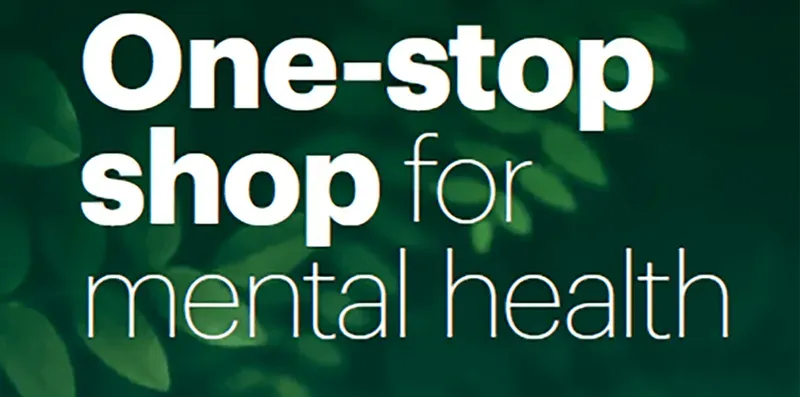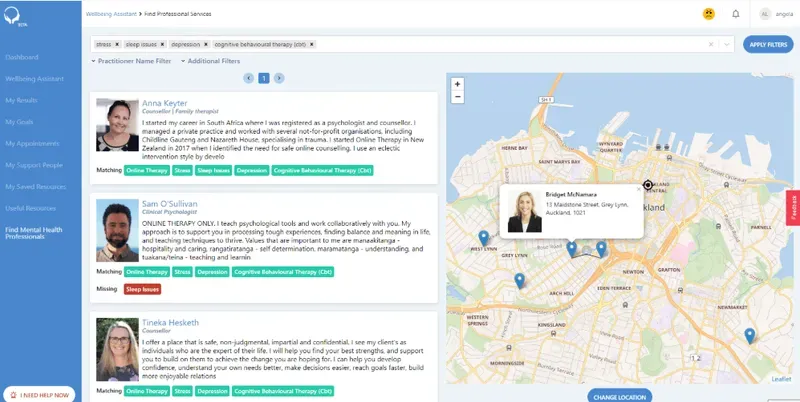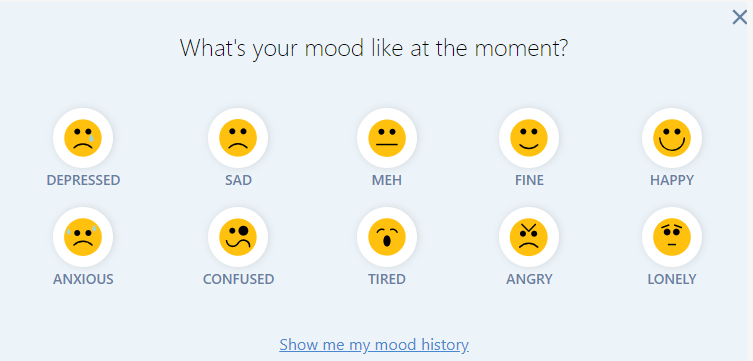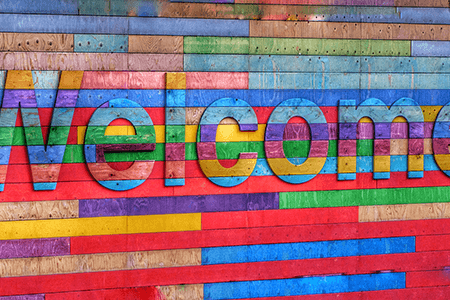Clearhead, a one-stop shop for mental health
By MAS Team | 3 September 2019
An Auckland-based company has designed an app that is poised to become an on-call mental health support person in your pocket, thanks to the help of AI.
Angela Lim has set herself an ambitious goal: to tackle problems in the healthcare system using technological solutions.
It was during her studies that she first considered technology’s ability to help create change in the healthcare system. She became increasingly aware that New Zealand’s healthcare system was woefully ill-equipped to provide effective preventative care, especially for mental health.
What’s more, nothing seems to be improving. “The government’s first mental health inquiry report was done in 1995, and the latest one, which was published last year, picked up very similar things. So what it says is that, for the last 20 years, we have not dealt well with the problem.”
There wasn’t a single ‘eureka’ moment when Angela came up with the idea for Clearhead, her attempt to start solving these problems. Instead, it was a slow and steady understanding of two key things. First, if you wanted to make the biggest possible impact on New Zealand’s healthcare system, mental health was the place to start. Second, the key to creating a more effective system was technology.
“We use technology 24/7 – Uber, Airbnb, online shopping – but healthcare is so completely far away from that point.”
Her solution? Clearhead – a free, confidential online platform that helps New Zealanders access the tools they need to achieve and maintain good mental health. It compromises an immense database of multimedia resources – an Airbnb-style directory of practitioners, and self-monitoring tools that can help you identify the day-to-day patterns influencing your mood.
Sound overwhelming? It’s not at all, and that’s the point. Angela and her co-founder, software engineer Michael Connolly, knew that usability was crucial. This was especially true for people on the more severe end of the mental health spectrum who were finding even small tasks like making a phone call too daunting.
Every aspect of the website and smartphone app has been painstakingly designed with this in mind. The pièce de résistance is the AI chatbot, created to mimic a GP consultation but without the formality or time pressure.

When you land on the Clearhead platform, you can launch the Wellbeing Assistant chatbot. At the start of the ‘conversation’, it asks a few screening questions to find out whether you think you’re at risk of harming yourself or others. If you are, it directs you to call a helpline or the police. Angela is careful to stress that Clearhead isn’t equipped to treat people in severe crisis.
If you’re not, it goes on to ask for more detail on your situation. Are you having trouble sleeping? How often? Do you use drugs or alcohol? How much? Are your relationships being negatively affected? How well are you coping at the moment, on a scale of one to five?
The chatbot is currently “very basic”, Angela says, which is why she finds it amusing that people often ask her whether there’s a human sitting there typing responses in real-time. She and Michael, aided by a clinical psychologist, are working on making it more sophisticated – better at gathering information and more sensitive to factors like age and cultural background.

At the end of the conversation, it produces a summary of your results, along with recommendations for next steps. Should you decide to see your GP, you can choose to take the summary along to your appointment. Alternatively, you can use Clearhead’s directory to find and book online with a mental health practitioner in your area who’s suited to your needs.
And using Clearhead isn’t just a one-off experience. Once you log in, you can access a range of self-monitoring tools designed to deepen your understanding of what affects your mental health. You can log your moods and the reason for them (“Right now, I’m feeling happy because I just caught up with a friend”) and then observe patterns over time.
You can set goals – such as getting to sleep by a particular time every night – and Clearhead will encourage you to work towards them. There’s a bit of ‘gamification’ involved, with users being congratulated for maintaining streaks of healthy behaviour.
“It sounds like common sense, but mental health is often this basic hygiene stuff that often people are not equipped to manage,” Angela says.
It’s taken a lot of work to get Clearhead to this point. Last September, Angela left the world of pediatrics, two years into her training, to focus full-time on the new project. She and Michael secured funding from a private investor and hired two people to help with front-end development and the mobile app. They then launched an intensive process of research, consultation and fine-tuning.
At every step, they discussed their ideas with mental health users, psychiatrists, GPs, NGOs, and the Ministry of Health. “We knew there were problems we wanted to solve, but because I wasn’t from the mental health sector, I wasn’t arrogant enough to say I had the solutions.”

The platform launched in April and had 100 people sign up in the first 24 hours. At the time of writing, they were logging 1,300 unique visitors every month.
“You don’t have someone dealing with mental health problems. We want to help every New Zealander achieve wellbeing. Everybody has mental health, and there’s always room to optimise.”
Everybody, indeed – including clinicians themselves.
“Clearhead is our roundabout way of improving the mental health of our health practitioners. It’s a digital tool that can support the capacity of primary care through a better triaging system. We hope that improves the workflow, patient experience, and patient outcomes and also reduces clinical burnout.”
As for Angela, it seems less and less likely she’ll rejoin those ranks.
“I do miss clinical practice, but I feel more fulfilled doing this. I hope Clearhead will be successful enough that I don’t end up going back.”

30 November 2018
Renting out your house on Airbnb can come with risks. Here are some helpful tips on what to look out for and what your insurance obligations are as a host.

26 November 2018
Mindfulness is the practice of paying attention and being aware of the present moment. Here are five great tips on how to wind down and be mindful this Christmas.

22 February 2021
You’ve bought your first car and it’s time to hit the road. But before you drive off into the sunset, make sure you choose the right car insurance for your situation.